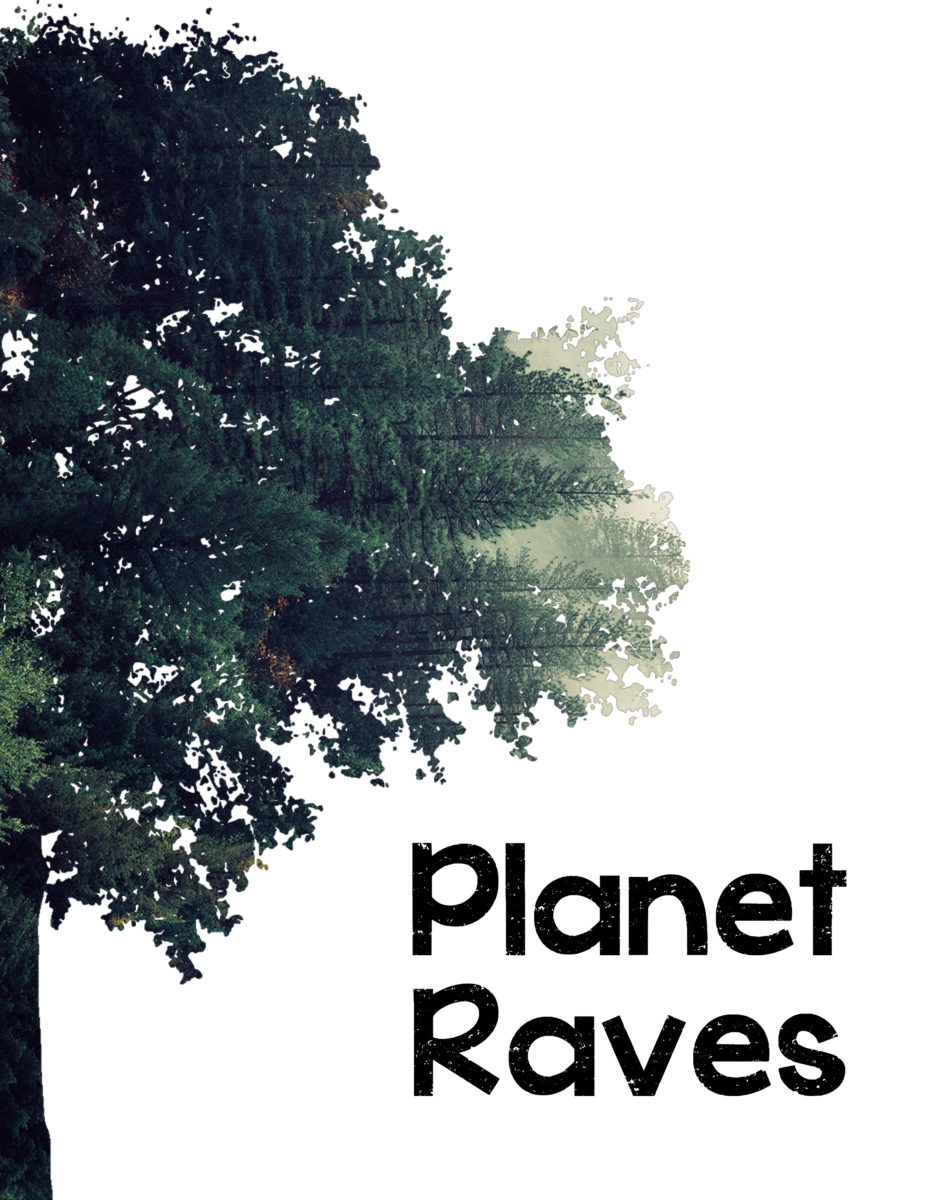Of all the environmental problems troubling our world, biodiversity loss and extinction rates trouble me the most. Even though I know other factors, such as carbon emissions and ocean acidification, pose threats with the potential to wreak havoc on our planet, they just don’t feel as hard to swallow as the loss of animal life in our world today. Statistics on the industrial world’s impact on the planet have frightened me before, but extinction charts prove animal species’ will be lost forever around the world at alarming rates. These consequences are more difficult to make peace with.
Not to say we should be making peace with these problems, because they should disturb us to the point of action and betterment of our world, but if we want to improve these circumstances, we must first try and understand things as they stand today. With modern technology to track and record and document these lifeforms and how they are being affected, we can better understand what is happening and therefore better aid the matter. These consequences are not well understood by the public and we have seen again and again that not nearly enough is being done.
Here is how I feel about what biologists are calling the ‘Sixth Great Extinction.’ When talking or thinking about the destruction of life on such a massive scale, it reminds me we do not have time to waste on these issues. Frustratingly and shamefully, many still do not believe in threats humanity is creating. But the more time passes without change, the more animals die.
We see our decisions and societal priorities manifest themselves in the corpses of the animals, such as the North Atlantic right whales off the shores of New Brunswick. If you cannot agree with the scientific community that widespread biodiversity is crucial to a stable environment, at least agree that multitudes of animals dying because of our actions is a bad thing.
We aren’t close to fully understanding the entire impact of what we have been doing to our planet. These impacts may continue to manifest themselves in unexpected ways for hundreds of years. But we know for a fact that government programs (such as the Species at Risk Act in Canada) are not doing enough already. If we can’t even pivot now to save these species’ while they are still around, it makes me wonder what is required for us to actually want to save them at all. Enough for us to lose the way of life and business as we are used to now, at least.
These animals have been on the planet for thousands of years. They have evolved and adapted to their environments but humans have created conditions where natural evolution is not enough to grant survival from extinction.
I believe we have the capability to help this situation. What I lack is the faith in humanity to focus on the disappearance of right whales instead of what kind of fast food they’ll pick up on the way home after work. These are problems people do not want to think about, do not care about, or they simply believe that nothing can be done. Unless the issue is going to directly and massively impact their daily lives, they just do not care. Until we decide together to start caring, we will only permanently wipe out more and more of our fellow animal species.
Planet Raves is The Aquinian’s environmental column, featuring reflections from students in environmental studies classes.

